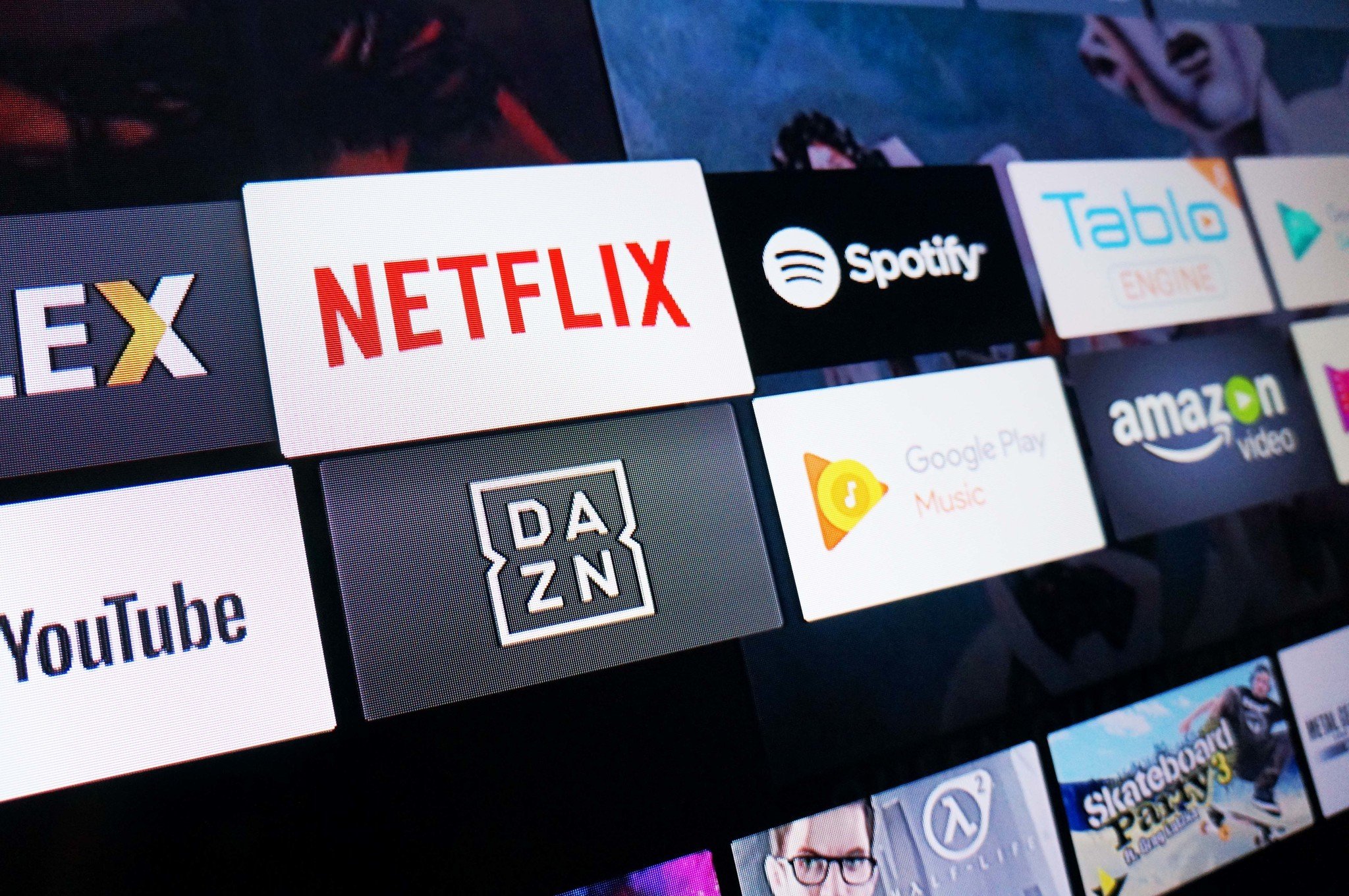Better legal streaming options are the best way to end piracy

I watch a disgusting amount of Netflix these days — well, 'watch' might be the wrong word to use. Often, Netflix is just playing in the background while I do other things like folding laundry, browsing Reddit on my phone or, regrettably, falling asleep at night.
It's a similar story for Spotify, which delivers all my tunes whether I'm on a road trip, walking to the store, or hanging out with friends.
But here's the thing I realized recently — Netflix and Spotify alone have done more to curb my illegal downloading habits than any PSA campaign, copyright law, or regulatory board ever could.
I was inspired to ponder on the changing way I consume media after watching an excellent NYT's documentary on the rise and fall of Napster, which brought me right back to 1999 when my 11-year-old self was first introduced to the world of peer-to-peer file sharing. It opened my eyes and ears to a wide world of music that I may have never otherwise discovered and led me down a decade-long love affair of pirating media.
Netflix and Spotify alone have done more to curb my illegal downloading habits than any PSA campaign, copyright law, or regulatory board ever could.
From Napster to The Pirate Bay, for the longest time, it was way easier to just download everything than dealing with iTunes, paying for cable, or bothering with rental services. Ten years ago, I admit that, like most folks my age, I was downloading most of the music and media I consumed.
That is no longer the case today, thanks to vast improvements in both the technology we use to watch and listen to content and the availability of legal streaming services that are way more convenient than the illegal counterparts. And here's the thing I've discovered: I can justify paying for a growing list of legal streaming services so long as they are more efficient to use than the process of illegally downloading something.
Today, I could spend the time to download a massive library of all my favorite music and transfer all the files to my phone — or I could just use Spotify. I could torrent a movie or TV series and send the files across all my devices — or I could just load up Netflix or Amazon Prime Video across most of my devices and instantly be watching a show or movie I love.
Get the latest news from Android Central, your trusted companion in the world of Android
It helps that both Netflix and Amazon have become studios in their own right, creating original content that is instantly accessible to everyday viewers like you and me. Netflix might be banned from the Cannes Film Festival, but I'm still more likely to watch Netflix content than any of the films debuting in France.
More and more we're seeing TV networks, premium cable, and film studios offering their own streaming services because once you ditch cable and start enjoying the convenience of streaming content you don't go back.
Here's the thing — I'll always check out an offer for a free trial to a new streaming service, or test a free service with a ton of ads with a paid subscription available to remove those ads, and I'll ultimately subscribe if it's got things I want to watch and I can justify it in my monthly budget. The ad-free premium model worked gangbusters for Spotify and its the model that YouTube appears to be following in the run-up to the company's forthcoming music subscription service.
But this still leaves traditional cable TV providers in a tricky spot; as we all know, cable TV is pretty expensive that also happens to be chock full of ads. After years of binging on Netflix, it is downright jarring to sit down and watch a TV show on cable these days because of all the ads, and a DVR that lets you fast forward through the ad breaks in recorded shows is only marginally more convenient and still frustrating in a lot of ways.
Censorship and stricter copyright laws won't curb piracy — better legal streaming services will.
In Canada, a consortium of media companies lead by Bell has been lobbying the Canadian Radio-television and Telecommunications Commission (CRTC) to blacklist specific websites linked to piracy and require all Canadian internet service providers to block those sites.
I acknowledge that the TV and movie industries are massive with a lot of folks working hard that need people to pay for the shows and movies they create to maintain a living, but censoring websites is such an ass-backward approach to trying to alleviate piracy without addressing the fact that the way we consume media has evolved.
To me, it just shows that these big, wealthy media companies would rather invest in lobbying the government than investing in creating innovative services to better serve potential consumers.
There's no reason why watching a hockey game on Bell's own TSN GO streaming service is choppier than an illegal stream offering 1080p HD quality. And there's no reason for me to pay whatever cable companies are charging for cable service and DVR box rentals when I can stream content endlessly on my phone, computer, or Android TV box.
Censorship and stricter copyright laws won't curb piracy — better legal streaming services will.

Marc Lagace was an Apps and Games Editor at Android Central between 2016 and 2020. You can reach out to him on Twitter [@spacelagace.
